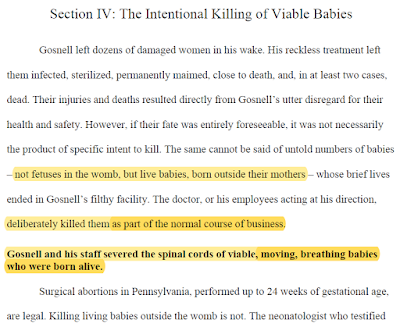Life is Non-Binary
 A recent Maclean’s magazine article entitled I Regret Having Children interviews women who love their children but feel like their lives would have been better off without them. The reality of what it means to be a parent, particularly what it means to be a mother, is explored and many women are frankly saying that if they had to do it over again, they wouldn’t.
A recent Maclean’s magazine article entitled I Regret Having Children interviews women who love their children but feel like their lives would have been better off without them. The reality of what it means to be a parent, particularly what it means to be a mother, is explored and many women are frankly saying that if they had to do it over again, they wouldn’t.
I find myself reflecting on my own experience of parenthood which, due to a non-ideal marriage that eventually ended and other pressures, internal and external, has often been difficult. Would I say that I regret having children? Well these days I am rocking the teenage years so that answer could change by the hour. When my kid wakes up grumpy and blames me for something because I wasn’t a mind-reader or I get into a 15 minute argument because someone doesn’t want to grate cheese, I start to think that tying my tubes the moment I hit puberty would have been a good plan. Then those same kids will be the ones to cuddle up for an hour and watch Jeopardy or wrap their skinny adolescent arms around me and call me the best mom ever and suddenly it does seem like I have valuable relationships after all. Never mind the teenage hormones, I am navigating these experiences while going through perimenopause. Every day that ends with everybody’s lives and limbs intact is success in my books.
The trouble with a word like regret when we think of relationships is that it is binary; it gives us two options. We either regret or we don’t. We either want our kids or we don’t want them. We’re either glad we have them or we wish we didn’t. But motherhood is really complicated. It’s full of ups and downs, there are moments of celebrations and heartaches, there is pain and there is love. In all of that how would I even know what my life would be without these kids? While I actually think it’s great that magazines like Maclean’s give voice to all kinds of parenting experiences, including hard and challenging ones, framing it in either/or language may not be helpful.
Awhile back a study made its rounds in the media saying that most women don’t regret their abortions. I have no doubt that if you ask women shortly after they have the procedure and give them those two, binary choices, regret or no-regret, they will choose no regret. Because when they think of the reasons they chose abortion, such as their boyfriend may have threatened to break up with them, or it may not have seemed possible to continue their schooling, or their financial situation seemed bleak, the choice that might make the most sense to them in that moment is abortion, and they can reason that they do not regret that. But did the research ask about all emotional effects? Did it ask about sadness and guilt and loss? Did it ask if they ever think about their baby and what might have been? Did the research ask if they are crying more or drinking more or using drugs to cope? Those things are not captured in binary choices.
Ethics is also an area where binary thinking can be seen. Ethical principles often back into each other in specific situations and ethics training usually helps people to think through options with critical thinking, particularly when one person’s rights seem to contradict another’s. This approach is often cast aside for pregnancy concerns and we hear the mantra of “A woman’s right to choose” repeated over and over. Instead of thinking about the rights of both parties, and solutions that minimize harm to either, we look at it like a zero-sum game that someone must win. Here, too we become binary. But I’m not sure anyone really wins.
I recently heard someone talking about how our minds look for the binary, two choices, and then we choose one over the other, and value one more highly. It takes mental and emotional work to not go to the binary, but to know and understand nuance. I takes maturity not to organize people and experiences into simplistic categories but to appreciate all the fullness of life.


Leave a Reply
Want to join the discussion?Feel free to contribute!